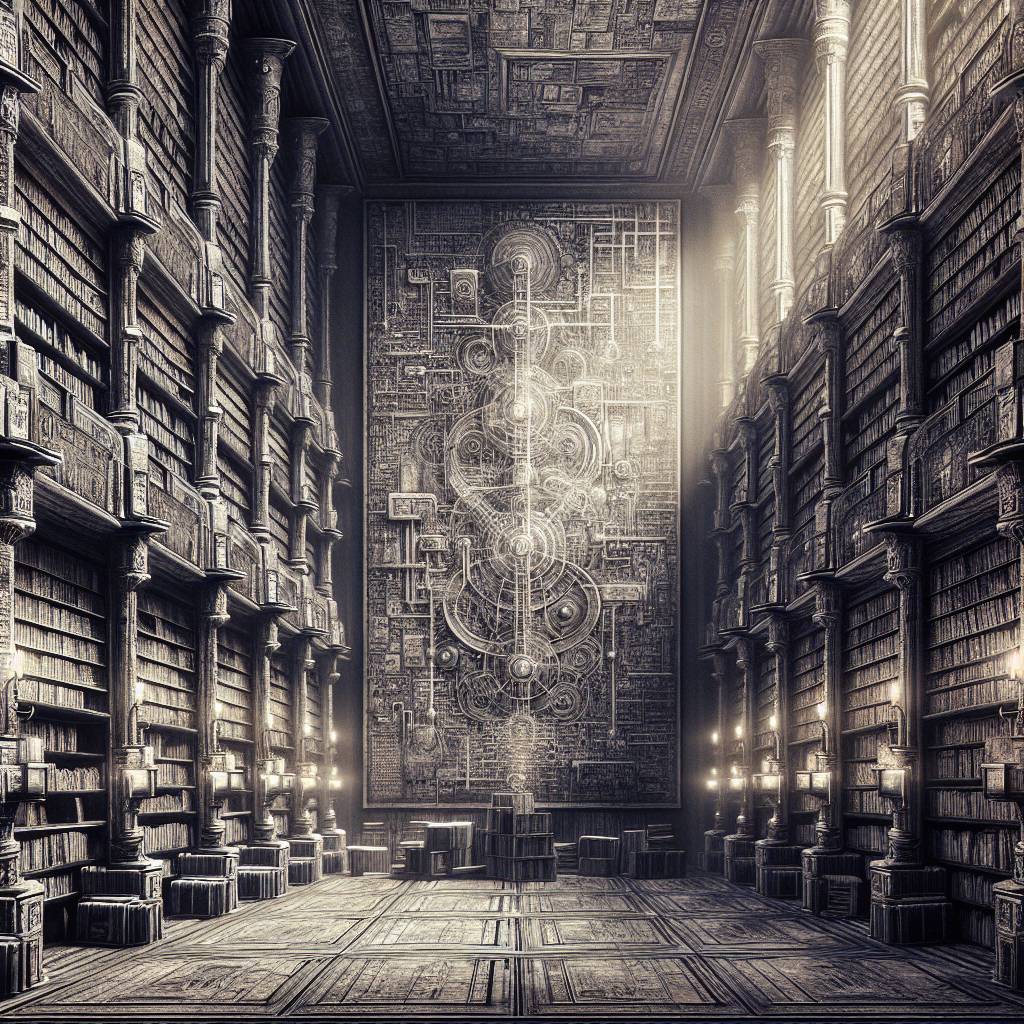Quantum Leap: UK Urges Immediate Migration to Post-Quantum Cryptography by 2035
The UK’s National Cyber Security Centre has declared a time-travel mission: by 2035, all systems must adopt post-quantum cryptography. This isn’t just another Y2K scare; quantum computers could soon crack current encryption like a walnut. So, grab your flux capacitor and plan your journey to a secure future with PQC!

Hot Take:
So, the UK’s National Cyber Security Centre (NCSC) is going all in on post-quantum cryptography by 2035, huh? Sounds like they’re prepping for the quantum apocalypse like it’s Y2K all over again. But hey, props to them for thinking ahead—because you never know when a quantum computer might show up and make today’s encryption look like a paper lock on Fort Knox!
Key Points:
- The NCSC has set out a roadmap for organizations to migrate to post-quantum cryptography (PQC) by 2035.
- This transition will occur in three phases: Discovery and Assessment, Execute High Priority Upgrades, and Complete PQC Migration.
- Migration is critical due to the threat posed by future quantum computers, which can potentially break current encryption methods.
- Quantum computing developments, like Microsoft’s Majorana 1 chip, are pushing the necessity for PQC.
- Big tech companies like Google and Cloudflare are already incorporating PQC into their services and products.
Already a member? Log in here
